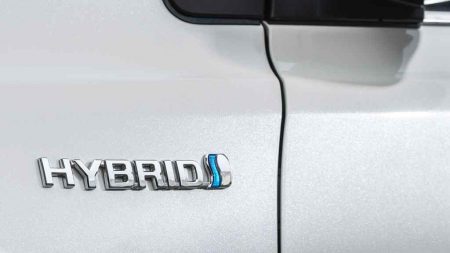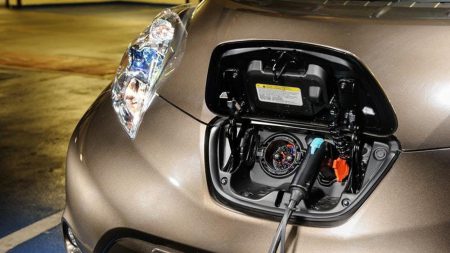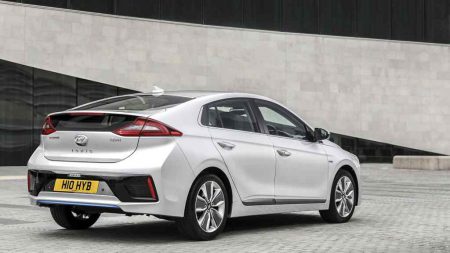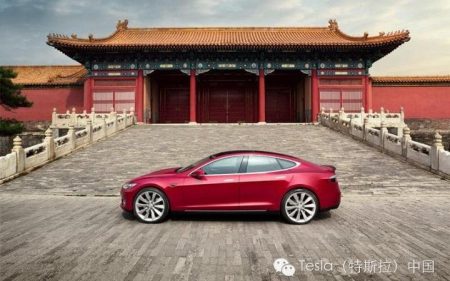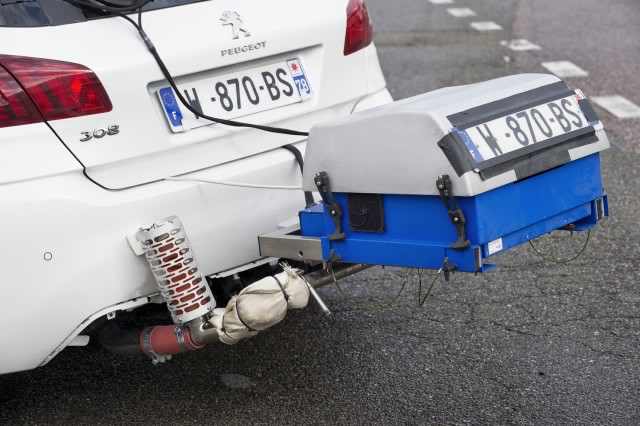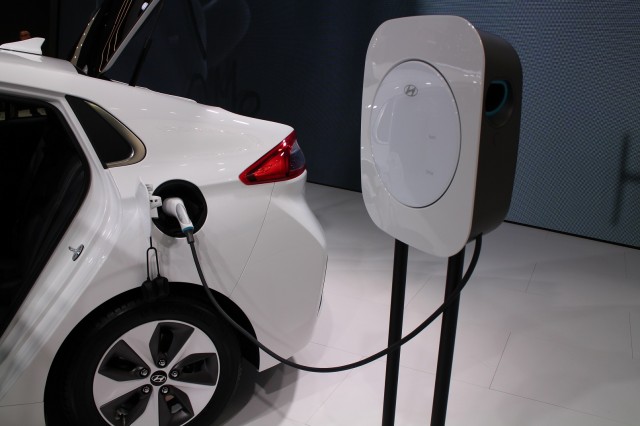- Car dealers are being urged to prepare for increased EV sales
- EMaC predicts those without robust processes will risk losing aftersale revenue
- It estimates some dealers have already seen aftersales absorption drop 50 to 60%
Car dealers are being urged to prepare for the acceleration of EV sales in 2024 by having processes in place to secure aftersales work.
EMaC, which specialises in automotive retentions, estimates that some car dealers are already seeing 50 to 60% fewer aftersales absorption rates because of increased EV sales.
Manufacturers will be facing pressure next year to ensure that more than a fifth (22%) of their cars sold are electric, which will gradually increase to 100% by 2035 under the ZEV mandate.
However, with fewer consumables in an electric vehicles, car dealers could lose out if they aren’t prepared with processes that can ensure aftersales work from each sale, said EMaC.
Serkan Obuz, EMaC director for maintenance plans, commented: ‘With EVs already accounting for one in six of all new cars sold, franchised dealers run the risk of taking a major hit to their workshop revenues unless they have processes in place ahead of the ZEV mandate.
‘Across the sector, we estimate dealers without strong retention strategies are already seeing aftersales absorption rates reducing to around 50-60% because of increased EV sales.
Read more: CarDealer
It’s Time to Go Green!
If you would like to know more about Solar Panels and the PowerBanx range of home battery systems, and get a free instant quote, please complete our online form:


